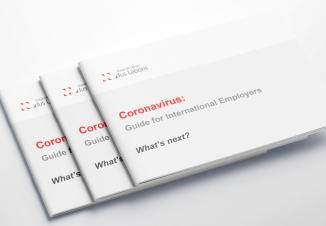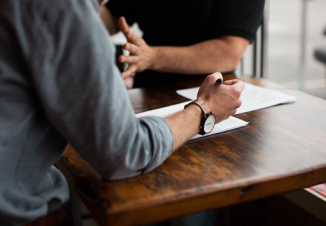
Extension of the Antivirus A programme
Minister Maláčová is going to introduce an extension of the ‘Antivirus A’ (newly renamed Antivirus Plus) programme for the whole length of the anti-COVID 19 measures and retrospectively from 1 October. According to Mrs. Maláčová, the compensation should be full this time and the upper limit will be raised to CZK 50,000. This is subject to governmental approval.
There has been no update on the Antivirus B Programme, which predominantly assisted with partial unemployment, therefore it is possible that it will end.
Attendance allowance for working parents taking care of their children
Given the fact that from 14 October onwards all elementary schools (first to fifth grade education inclusive) are closed, it is likely that some proportion of employees will stay at home on paid leave. So far there are no changes regarding rules for the attendance allowance: 60% reduced average earnings and nine days duration (16 days for single parents). The government have prepared changes to the former rules. The proposal is at its second reading at the Chamber of Deputies and it is a matter of question whether it will be changed or not.
In the week of 26 – 30 October there are autumn holidays in the Czech Republic, so for this period of time the attendance allowance does not have to be provided. If employees would like to stay at home with their kids during this time, they will need to ask for a vacation.
Prohibitions, restrictions and recommendations
New measures are regulated mostly by Czech Government Resolutions: each resolution and details regarding specific obligations can be found here (in Czech). The obligation to wear a mask or other protection covering your nose and mouth is regulated by a separate emergency measure issued by the Ministry of Health (here, only in Czech).
Prohibitions and restrictions since 13 October
The obligation to wear nose and mouth protection (masks) on public transport now extends to public transport stops. This will remain valid until it is revoked.
School restrictions from 14 October to 1 November
All types of schools and universities are closed for this period (elementary artistic schools included) and providing online learning. This is mandatory for elementary and secondary school students. Only kindergartens remain open.
There are few exemptions, the most important one is for universities training future health care professionals.
All leisure time centres, school clubs and after-school care centres are also closed.
Accommodation for students and pupils (for example dorms and university accommodation) is also closed. There is an exception for students who are obliged to work and other future changes are currently being debated.
Prohibitions and restrictions from 14 October to 3 November
Other measures
Besides the measures described above, other measures have been issued that should remain in place until the end of the period of the state of emergency. They regulate:


